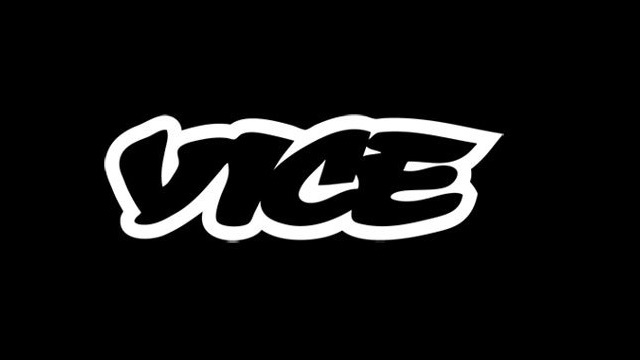As gig economy companies have spent the last year pushing legislation in various states exempting them from following labor and antitrust laws, they’ve also experimented with rhetoric claiming a commitment to racial justice.
Last summer, Lyft, Uber, DoorDash, Postmates, Instacart, and other gig companies published statements after a wave of protests were sparked in part by George Floyd's murder by a Minneapolis police officer. Some of these companies have also begun pointing to Black-owned businesses on their apps. While the statements may offer some salve to real problems, they also ignore the role these companies play in amplifying racial injustice as they amass profits...
According to limited public data and internal stats that have been leaked, gig workers are disproportionately Black and brown, meaning that policies enacted by gig companies affect those communities more. A 2015 Uber report, for example, found that 63 percent of its drivers are nonwhite, while a survey of delivery workers and rideshare drivers in San Francisco found that 80 percent of gig workers there are nonwhite.
Last year, a pair of George Washington University researchers looking at Chicago transport and census data discovered both Uber and Lyft regularly hike prices for trips entering and leaving the non-white communities. Lyft also uses essentially the same rating system for workers as Uber, which has been sued over its system on grounds that it allegedly violates the Civil Rights Act and "has a disparate impact on non-white drivers.”


